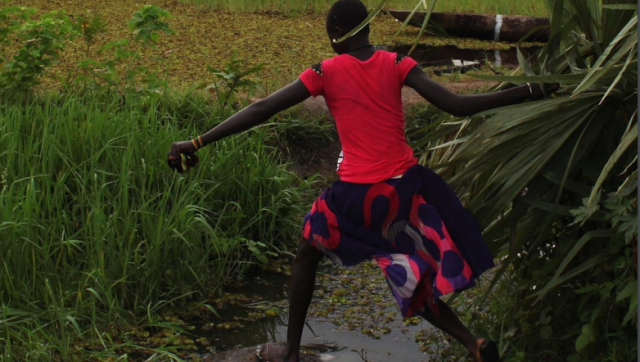Another generation of girls in South Sudan will miss out on an education, face huge health risks in childbirth and are more likely to face sexual and domestic violence, if efforts to end child marriage are not stepped up, warned international agency Oxfam in a new report published today.
In Nyal, in the north of the country, Oxfam said it found that 70 percent of girls are married before the age of 18, significantly higher than the pre-conflict national average of 45 percent. The survey also found that one in ten girls in Nyal are married before the age of 15.
“Families told Oxfam that, while child marriage is still influenced by traditions, the main drivers are now poverty and hunger fuelled by five years of conflict. A breakdown in the rule of law and increased risk of sexual violence are also factors,” the report said.
The report stated that despite a marked reduction in fighting following the peace deal in September 2018, the factors that have exacerbated girls’ risk of child marriage remain.
Elysia Buchanan, Oxfam’s policy adviser in South Sudan, said: “Rising poverty and hunger following five years of vicious civil war are driving families to desperation, with many parents marrying off their young daughters for a dowry in order to survive. Denied their rights to choose how they want to live their lives, the girls face increased risk of losing out on their education, death in childbirth, and sexual and physical violence in their marriage".
South Sudan is one of the most difficult places in the world for girls to get an education – with three quarters of girls out of school – and child marriage is one of the primary reasons why girls are held back. Child marriage also increases girls’ risk of death or complications during pregnancy and childbirth in a country where the maternal mortality rate is one of the highest in the world.
Oxfam calls on the government of South Sudan to take urgent action by prioritising its plan and investing significantly to end child marriage.
Buchanan said: “Tackling child marriage is first and foremost about protecting young girls. But improving the status of women and girls is also essential for the recovery of South Sudan. Another important step that the country’s leaders can make to show they take South Sudanese women seriously, is to honour commitments made in the peace agreement to ensure 35 percent executive positions are filled by women, and to nominate women in key positions of influence".
The international agency also calls on international donors and humanitarian agencies to direct more funding to community-led initiatives that help tackle gender-based violence and child marriage, including through education and awareness-raising activities that challenge existing norms and expectations.
Buchanan said: “The girls of Nyal want to go to school, play, learn a skill, and make a difference in their community. They need the support of South Sudan’s leaders, international donors and humanitarian agencies to help them achieve the future they deserve – most importantly, they need sustained and long term peace across their country”.




